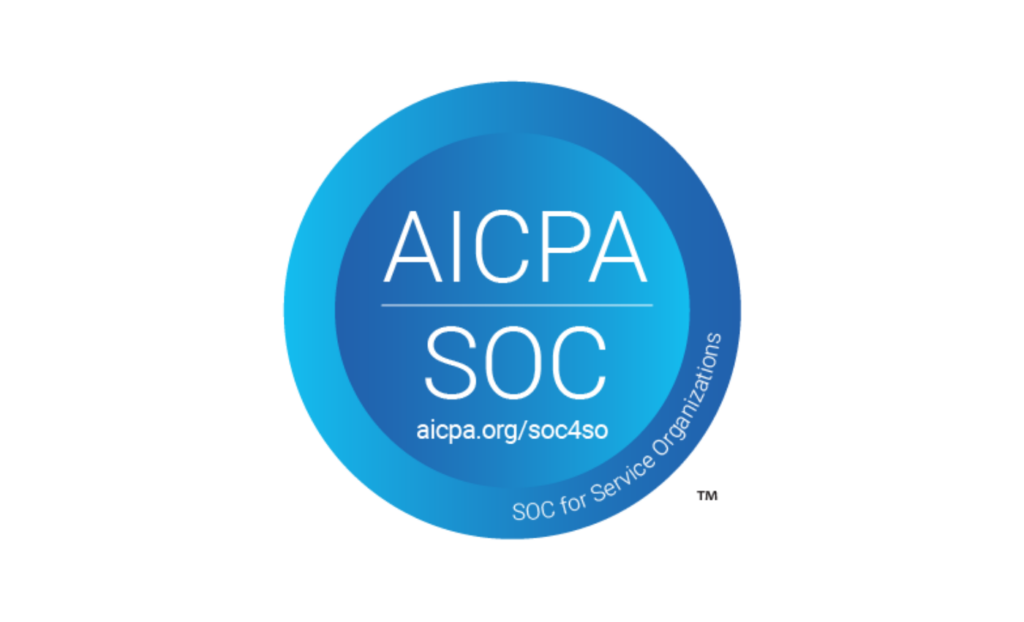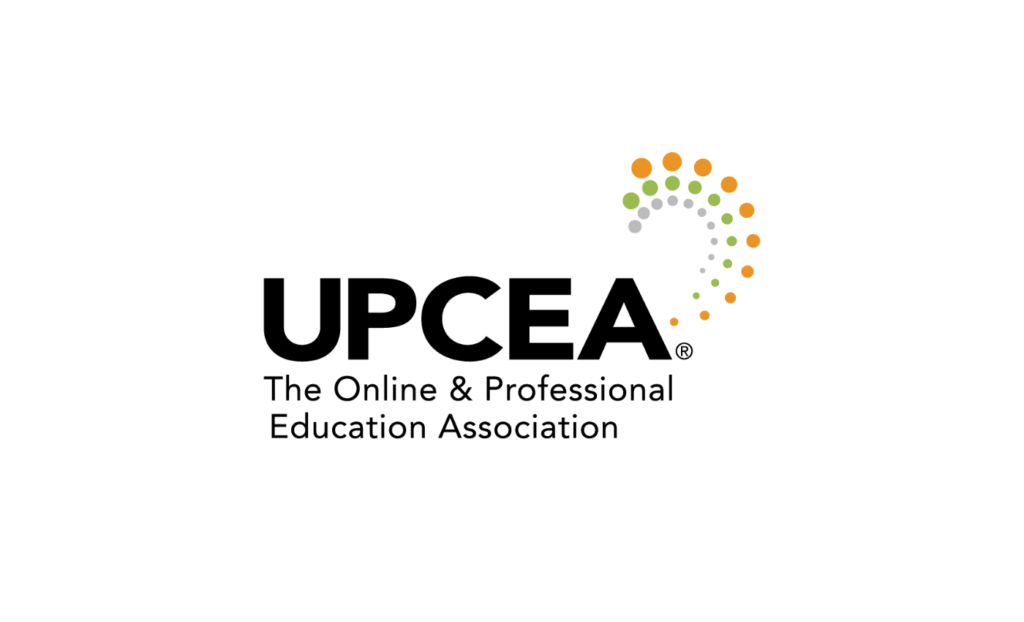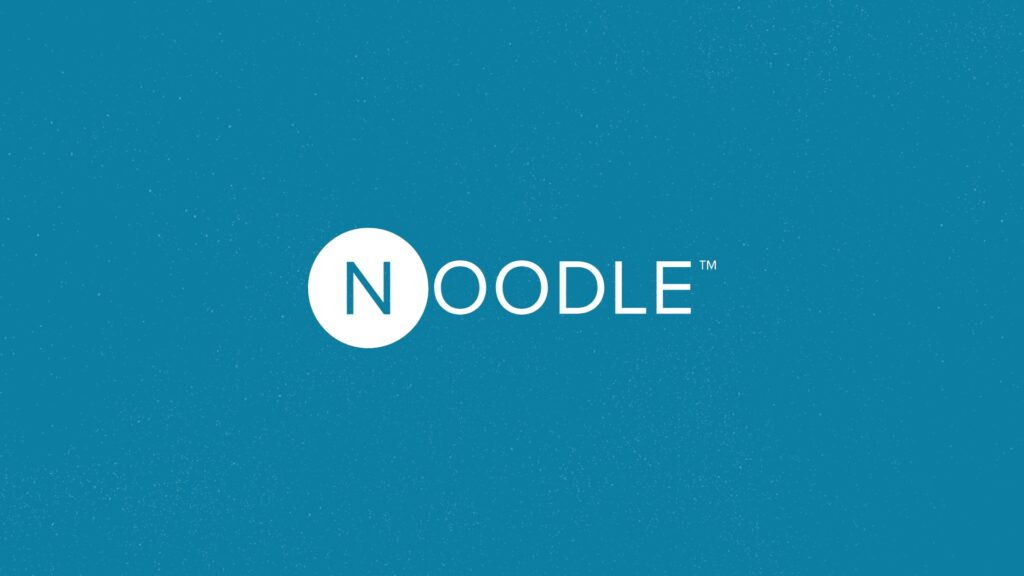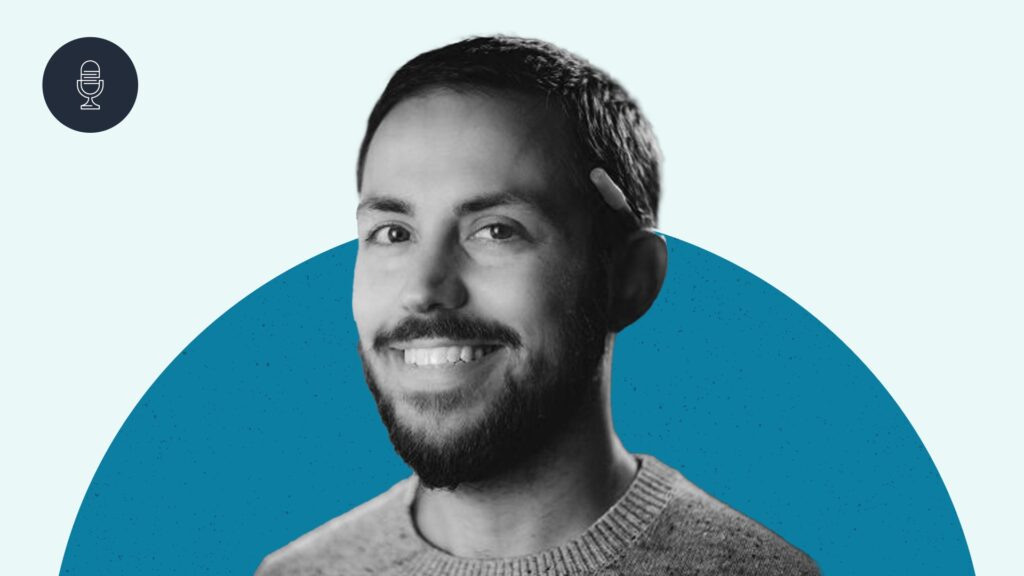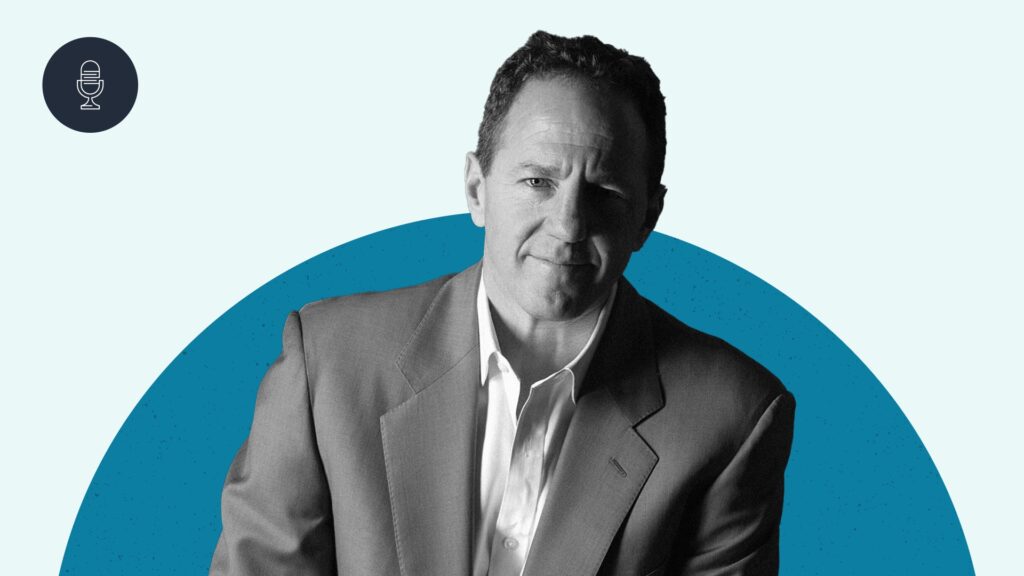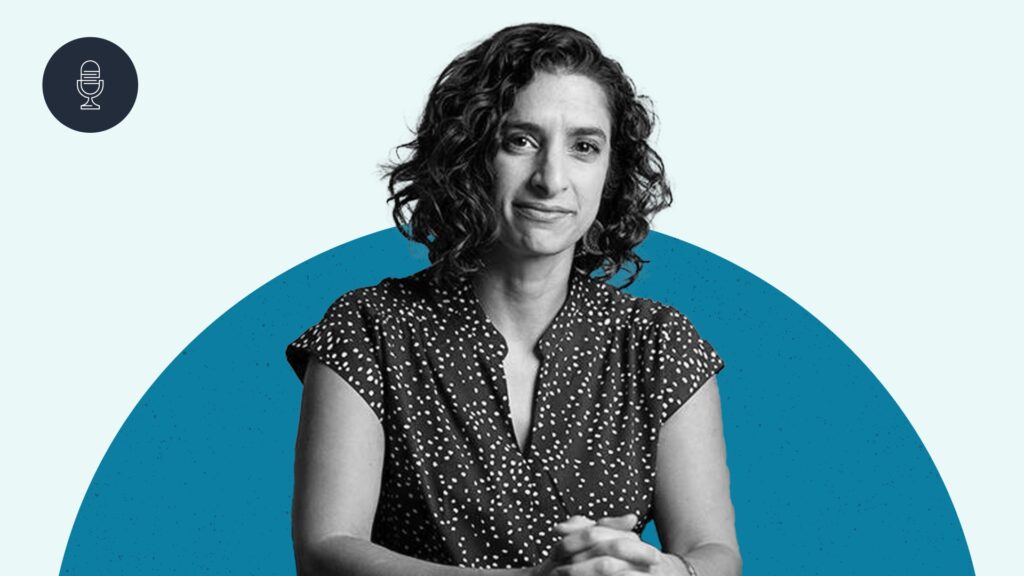Insights
Discover the Latest Perspectives
In-depth research and insights tailored for education professionals
Blog
Latest Blog Articles
Stay up to date with the latest Noodle news and partnership announcements.
Podcasts
The Most Interesting People in Higher Ed
Discussions, interviews, and insights from leading educators and industry professionals
Profiles
Latest Featured Noodlers
Get to know the dedicated team members that provide the expertise behind Noodle’s services.
Webinars
Watch Our Webinars
Enhance your knowledge with these insightful webinars for higher ed.
Stay Informed with Noodle
Subscribe to our newsletter and receive the latest insights directly to your inbox.
By clicking Submit you’re confirming that you agree with our Terms and Conditions.
Have Questions or Need Expertise?
Reach out to us for personalized insights and strategies tailored for your institution.




